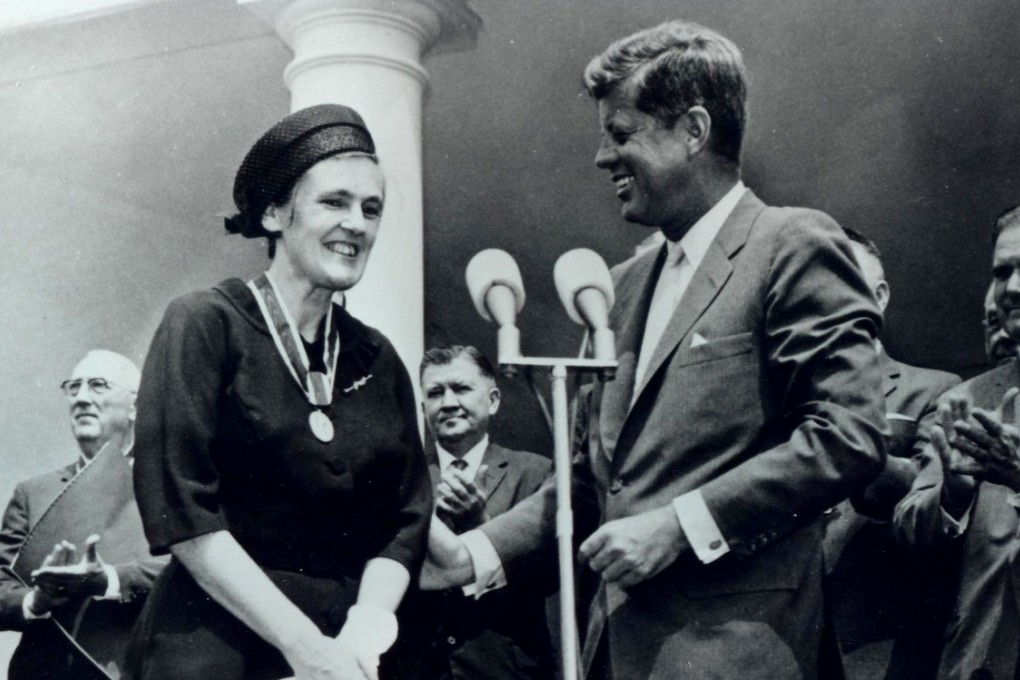‘The most famous government regulator in American history”: thalidomide hero Frances Kelsey dies aged 101
At least 10,000 babies in 46 countries were born with severe deformities because of the drug.

In the annals of modern medicine, it was a horror story of international scope: thousands of babies dead in the womb and at least 10,000 others in 46 countries born with severe deformities. Some of the children were missing limbs. Others had arms and legs that resembled a seal’s flippers. In many cases, eyes, ears and other organs and tissues failed to develop properly.
The cause, scientists discovered by late 1961, was thalidomide, a drug that, during four years of commercial sales in countries from Germany to Australia, was marketed to pregnant women as a miracle cure for morning sickness and insomnia.
The tragedy was largely averted in the United States, with much credit due to Frances Oldham Kelsey, a medical officer at the Food and Drug Administration in Washington, who raised concerns about thalidomide before its effects were conclusively known. For a critical 19-month period, she fastidiously blocked its approval while drug company officials maligned her as a bureaucratic nitpicker.
Kelsey, a physician and pharmacologist later lauded as a heroine of the federal workforce, died on August 7 at her daughter’s home in London, Ontario. She was 101. Her daughter, Christine Kelsey, confirmed her death but did not cite a specific cause.
Dr. Kelsey did not single-handedly uncover thalidomide’s hazards. Clinical investigators and health authorities around the world played an important role, as did several of her FDA peers. But because of her tenacity and clinical training, she became the central figure in the thalidomide episode.
In July 1962, The Washington Post directed national attention on the matter – and on Kelsey – with a front-page article reporting that her “scepticism and stubbornness… prevented what could have been an appalling American tragedy.”